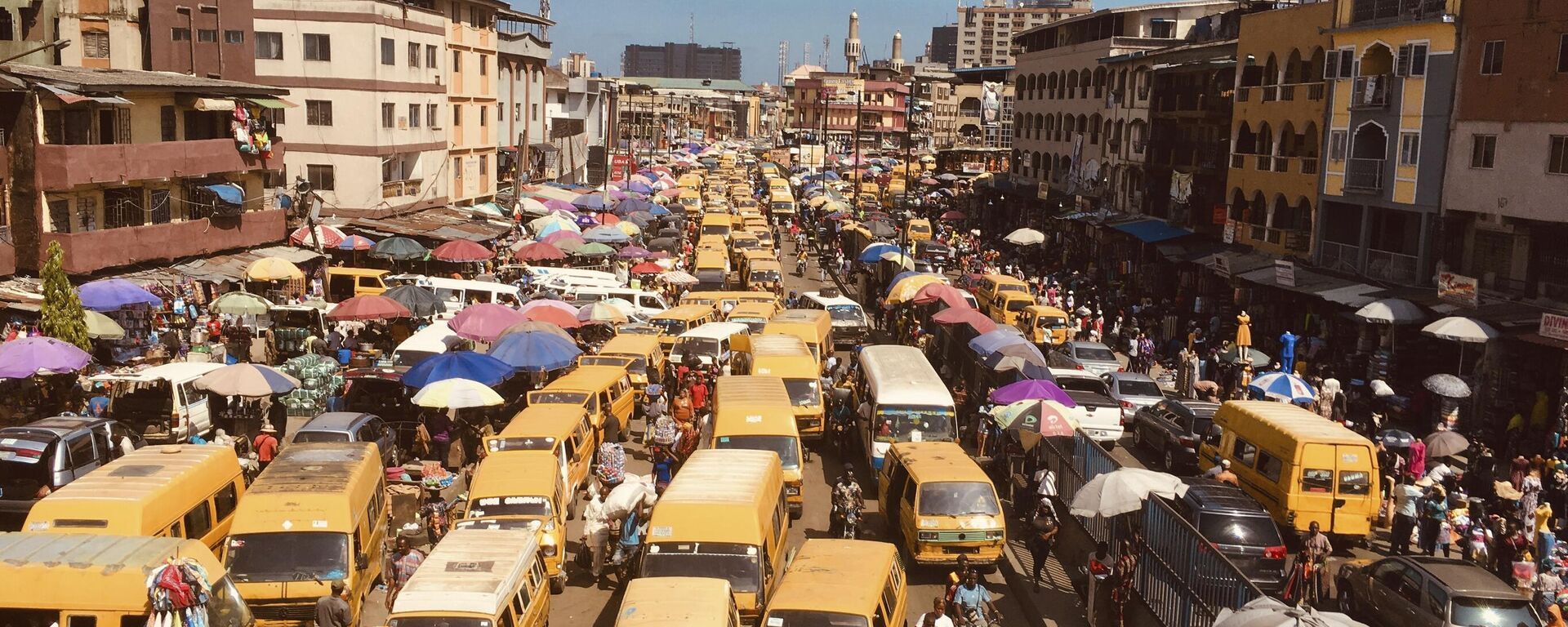Africa does not need foreign aid to thrive
How African Nations Can Position Themselves for Growth Without Foreign Aid but Through Strong Partnerships

For too long, African nations have been seen as dependent on foreign aid to drive economic growth and development. However, the continent is rich in resources, talent, and strategic advantages that, if leveraged correctly, can lead to sustainable prosperity without relying on financial handouts from foreign governments. Instead of seeking aid, African nations should prioritize strong, mutually beneficial partnerships that ensure fair trade, technological advancement, and economic independence.
One of the most valuable assets Africa possesses is its vast reserves of critical minerals, such as cobalt, lithium, graphite, and rare earth elements. These minerals are essential for the global transition to renewable energy and advanced technology. The United States and other major economies are in dire need of these resources to fuel industries such as electric vehicles, defense, and high-tech manufacturing. Rather than allowing foreign corporations to extract and export raw materials with minimal local benefit, African governments should establish policies that require in-country processing, refining, and value addition. By investing in mineral processing plants and securing technology transfer agreements, African nations can move up the value chain, creating jobs and increasing revenues within the continent.
Trade policies should also shift toward fair partnerships rather than exploitative agreements. The African Continental Free Trade Area (AfCFTA) presents a major opportunity to unify economies and strengthen intra-African trade. By reducing dependence on external markets, African nations can build regional supply chains that make them less vulnerable to external economic shocks. Additionally, negotiating trade deals from a position of strength—rather than accepting terms dictated by foreign powers—will allow African countries to secure better prices and long-term economic security.
Beyond minerals and trade, Africa must embrace industrialization and technology. Foreign partnerships should focus on skills development, research collaboration, and infrastructure expansion, rather than just resource extraction. Countries like Rwanda and Ghana have already made strides in positioning themselves as technology hubs, attracting investments in manufacturing, digital services, and artificial intelligence. By investing in homegrown industries and ensuring that foreign investors reinvest a portion of their profits back into African economies, nations can reduce reliance on external aid and create long-term economic resilience.
A crucial component of economic independence is access to financing that does not leave nations in perpetual debt traps. Instead of borrowing under exploitative terms, African nations should explore alternative financing models, such as leveraging their natural resources to secure infrastructure funding. Some African governments have begun exploring using gold reserves and strategic minerals as collateral for large-scale projects, ensuring they maintain ownership and control over their assets. Additionally, strengthening ties with the African diaspora—many of whom are business leaders, technologists, and investors—can unlock billions of dollars in investment and knowledge transfer.
Lastly, governance and transparency are essential for sustainable partnerships. Corruption and mismanagement have historically hindered Africa’s economic progress. By implementing strong regulatory frameworks, enforcing fair contract agreements, and ensuring that national wealth benefits local populations, African governments can attract credible investors and negotiate from a position of strength.
A
frica does not need foreign aid to thrive. By harnessing its natural resources, strengthening regional trade, securing strategic partnerships, and fostering innovation, the continent can chart a path toward economic self-sufficiency. The time for aid dependency is over—Africa’s future lies in strategic, equitable partnerships that empower its people and industries.


